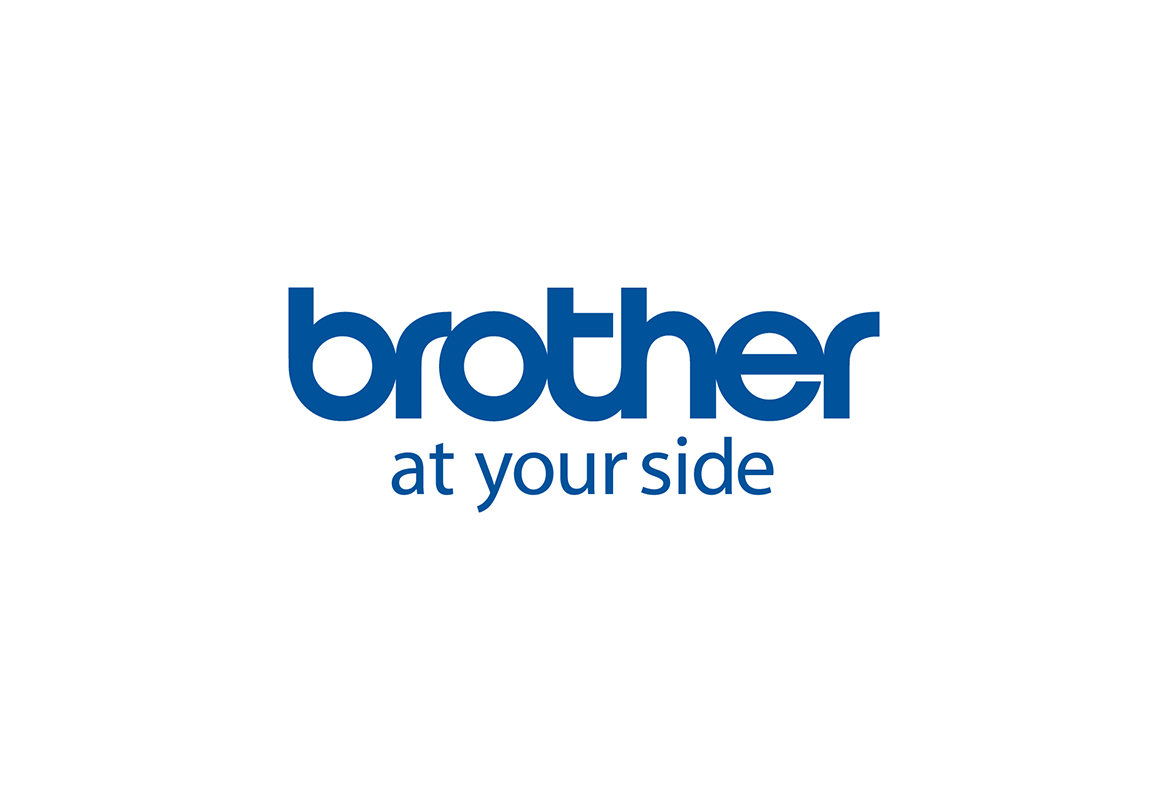
The British business that helped chocolate get its mojo back
Angus Thirlwell co-founded Hotel Chocolat to create delicious, quality chocolate – but over time, it’s also become a force for good around the world.
“Everyone knew the worst chocolate on the planet was in the UK and the US,” says Angus Thirlwell. “It was a relatively mature market but there was a dearth of any imagination and risk-taking. In other words, it had become boring.”
When Hotel Chocolat, the British confectionery powerhouse based in Cambridgeshire, burst onto the scene in 1993, it came at just the right time. Mr Thirlwell and his co-founder Peter Harris had already set up a successful business that made and sold branded peppermints to other companies – all while Mr Thirlwell was still in his twenties – but the duo were getting pressure from customers to expand their offerings.
“We got into chocolate slightly reluctantly,” he says. “We were mint men through and through but after a while we realised we had to look at something else.”
To get a crash course on all things cocoa, Mr Thirlwell booked himself onto a two-week chocolate-making course in Germany – the only one that existed in Europe at the time – and started experimenting with different recipes. Chocolate, he realised, tasted far better when it contained quality cocoa and much less sugar than the industry was accustomed to – and there he spotted his market gap.
“Now of course, we’re completely seduced by chocolate,” he says. “And yes, at first glance, the market was completely saturated – but the recipes were completely outdated. And we thought, actually we fancy our chances here.”
Breaking the mould
It wasn’t just the new recipes that worked in their favour. Hotel Chocolat established itself in the early days of the internet and became one of the UK’s first ever ecommerce businesses, selling chocolate gifts delivered by post.
“We started off with an online direct-to-consumer model,” he says. “We weren’t selling through supermarkets like everyone else and this meant we became very close to our customers.”
Even so, a business based on gift giving is naturally erratic, so in 1998, four years in, Mr Thirlwell hit upon the idea for their Tasting Club to secure more regular interest. “When we were creating new recipes, we’d take them round the office and ask people to taste them and give them a score out of 10,” he remembers. “People would drop whatever they were doing to try them. So I thought this could be an interesting thing to try with our customers too.”
Putting their customers at the heart of their development was a bold move – but one that quickly paid off. “It was the biggest growth driver of our business,” says Mr Thirlwell. “Plus we’ve acquired huge amounts of data over the years on what our customers like and don’t like, which has definitely become one of our secret weapons.”
This out-the-box thinking has since become synonymous with the brand. As well as several high street stores, there are now also a select number of Hotel Chocolat cafés, restaurants and the School of Chocolate in Covent Garden. For Mr Thirlwell, it’s all about the customer experience. “We wanted to find the right channels for customers to engage with our brand. Whether that’s online, in a store, or in a café, we want customers to get a sense of our knowledge and enthusiasm – and let them have fun, immersed in the world of chocolate.”
Transforming industry
Such strong customer loyalty also sparked Hotel Chocolat’s most game-changing move. Just a few years after launching, a customer sent Mr Thirlwell a book out of the blue. “It was just an act of kindness – total serendipity,” says Mr Thirlwell.
The book was about chocolate makers in England and their connection to the cocoa estates in the Caribbean. “It was ridiculous: the agricultural side of cocoa was completely disconnected from the consumer side, where all the margin is. So chocolate makers and big brands were making big profits from consumers, while cocoa growers were living in poverty.”
This revelation inspired Mr Thirlwell to buy a cocoa estate for the business, swiftly snapping up the Rabot Estate, St Lucia, in 2006. The move not only allowed his team to learn more about cocoa and cocoa farming, it also meant he could start to improve the lives for other farmers.
“We’d become pretty good farmers ourselves, but we’d realised how hard it was to turn a profit by growing cocoa,” he says. “We figured out what the market price should be to match the amazing quality we were after and we decided to offer that to other farmers on the island.”
This was the start of Hotel Chocolat’s Engaged Ethics scheme. Now, as well as growing their own, the business buys cocoa from other farmers for a fair price “so they can earn a sustainable livelihood”. Hotel Chocolat now has a whole code of conduct around how they can work ethically, which they hope will put pressure on other industry players. “It’s the right thing to do and it makes our brand perform better,” he says. “Ultimately, this is what people want from us: it makes our customers more loyal and we’re able to attract and retain better talent.
“And it makes us leap out of bed every morning and feel good about the small difference we’re making to make the world a better place.”




